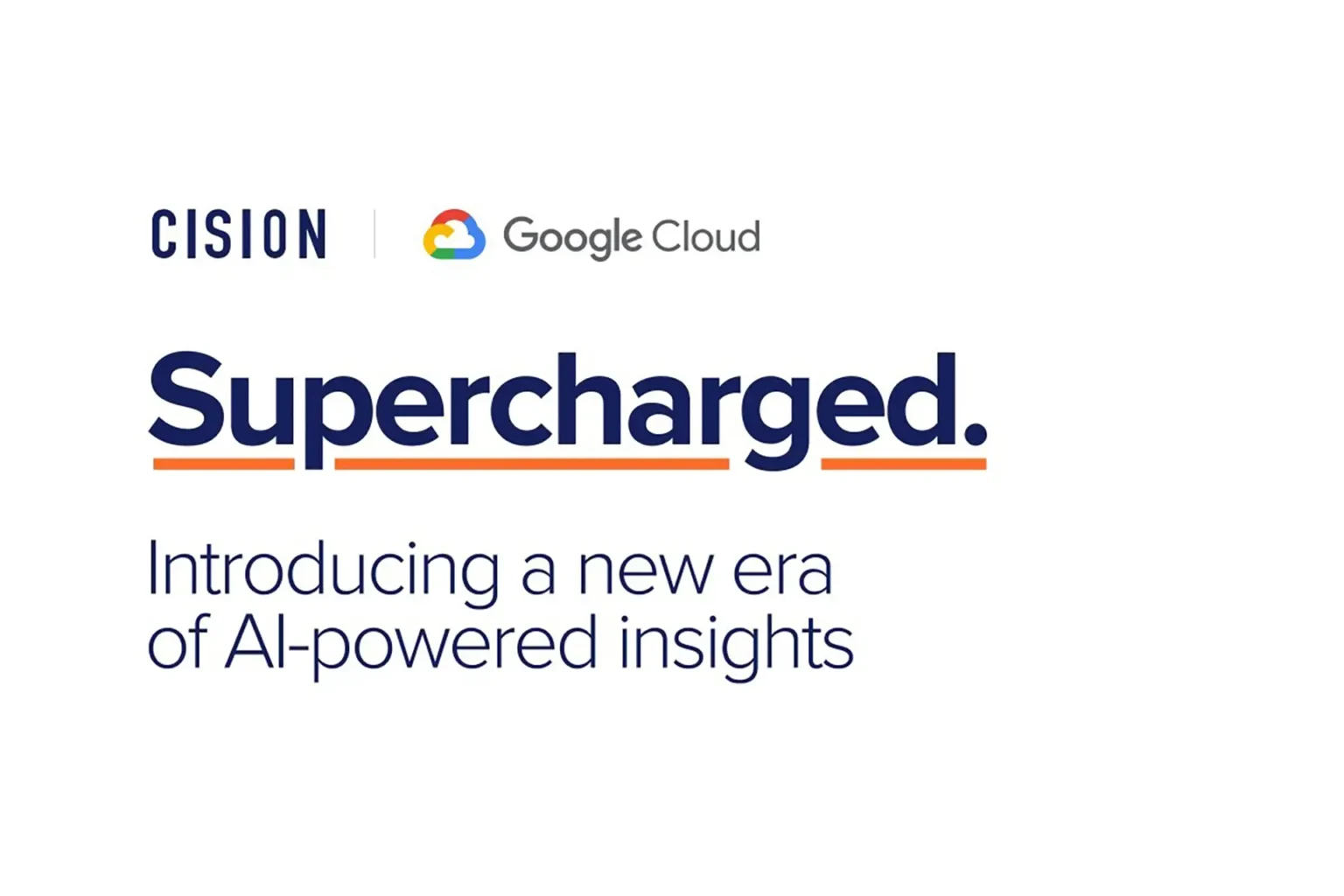As businesses try to carve their niche in the digital landscape, mastering content marketing and social media marketing becomes imperative in order to find potential customers. Understanding their nuances and leveraging their unique strengths is crucial for companies to establish a commanding online presence.
In this comprehensive blog post, we’ll dissect the differences between content and social media marketing. We will delve into their definitions, types, customer journeys, ideal users, and the keys to their success.
Content marketing
Content marketing is the strategic approach of creating and publishing valuable, relevant, and consistent content to attract and retain a clearly defined audience. It’s not just about selling a product but establishing a connection by providing information that aligns with the audience’s interests and needs.
Types of content
- Blog posts and articles: In-depth, informative articles that showcase industry expertise.
- Infographics: Visual representations of data and information to engage and inform.
- Videos: Engaging visual content ranging from explainer videos to webinars.
- Ebooks and whitepapers: In-depth resources that offer valuable insights and knowledge.
- Podcasts: Audio content that provides a platform for discussions and interviews.
Customer journey
- Awareness: Attracting the audience’s attention with valuable and relevant content.
- Consideration: Providing detailed information to help the audience evaluate their options.
- Decision: Convincing the audience that your product or service is the best choice.
Content marketing ideal use case
Content marketing is a must for businesses looking to establish authority as experts, build trust, and engage with a target audience through informative and valuable content.
Success factors
- Consistency is maintained: Regularly publishing high-quality content builds credibility.
- SEO is prioritized: Optimizing content for search engines ensures visibility.
- Audience engagement is fostered: Encouraging audience interaction and feedback.
Social media marketing
Social media marketing involves leveraging social media platforms to engage with your specific audience, build brand awareness, and drive website traffic. It encompasses various activities, including posting text and image updates, video content, and paid advertising.
Types of content
- Text and image posts: Short, engaging updates to connect with your audience. Think reviews, updates, etc.
- Video content: Captivating videos for increased engagement. Includes short-form videos like Instagram Reels and YouTube Shorts.
- Social media advertising: Paid promotions to reach a wider audience.
- User-generated content: Content created by users (customers) showcasing their experience with your product or brand.
Customer journey
- Discovery: Users discover the brand through engaging and shareable content.
- Interaction: Building a community by fostering conversations and interactions.
- Conversion: Turning engaged users into customers through targeted promotions.
Social media marketing ideal use case
Social media marketing suits brands looking to connect with a broader audience, build brand loyalty, and create a social community around their products or services.
Success factors
- Audience engagement is high: Regular interaction and engagement boost brand visibility.
- Content is tailored to each platform: Adapting content to suit the nature of each social media platform is essential.
- Consistent branding is maintained: Creating a cohesive brand image across all social channels.
Content marketing vs social media marketing
While content marketing and social media marketing have distinct purposes, they can be seamlessly integrated into a comprehensive digital marketing strategy. Understanding the intricacies of each and implementing them strategically is the key to unlocking their full potential. As you make your way through the digital landscape, remember that a holistic approach, combining the strengths of both, can elevate your brand to new heights in the competitive online arena.



